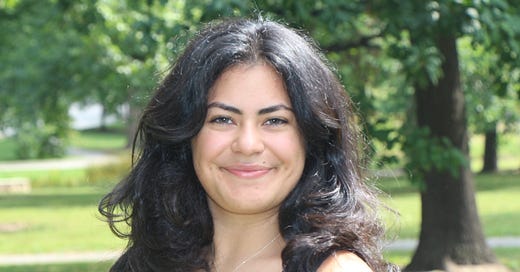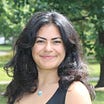Navigating the Journey to a Public Health Career in the USA: Advice for International Students
A Q&A with Paula Naharros Palacio
Lately, I’ve been receiving a lot of questions from our global audience about how to secure a job working in the public health field within the US. Paula Naharros Palacio kindly agreed to join me for a conversation to answer some of the most frequently asked questions and to offer her advice to other international students and job applicants.
Keep reading with a 7-day free trial
Subscribe to The Public Health Workforce is Not OK to keep reading this post and get 7 days of free access to the full post archives.





